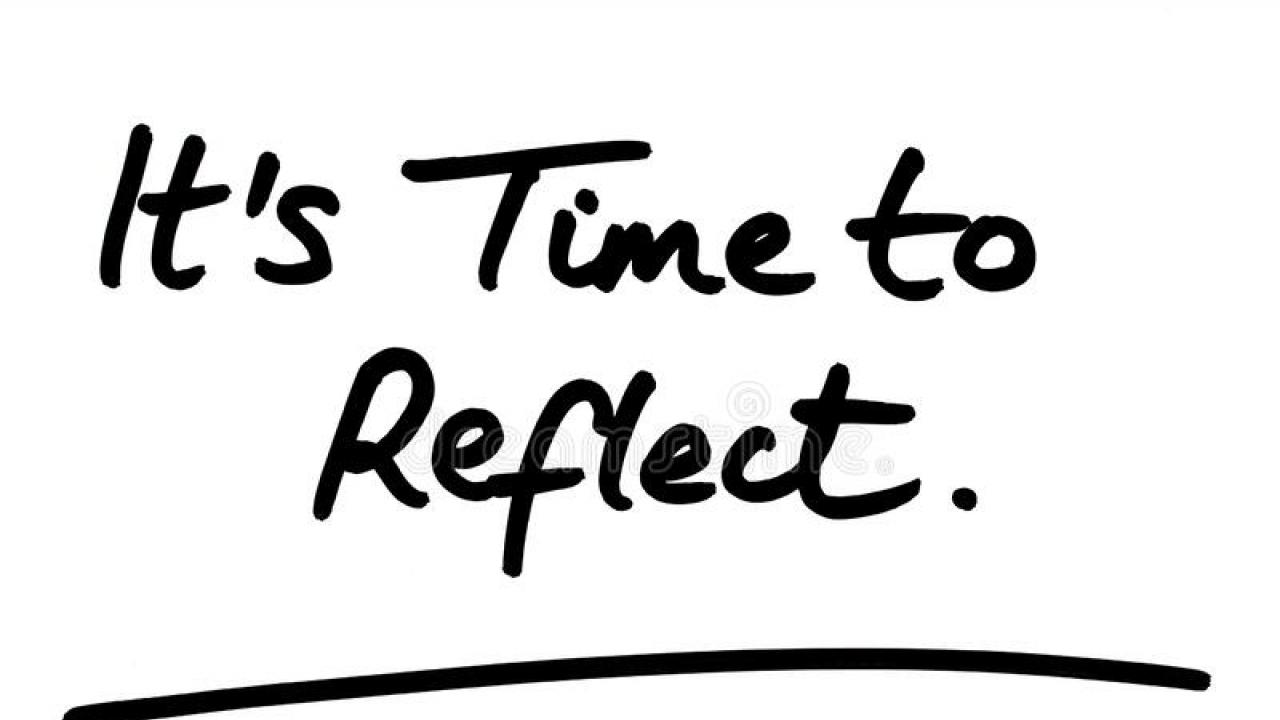
Reflecting and Taking Steps
By Spencer Atkinson
As we pass through the shortest days of the current year, many cultures encourage a time of inward reflection and intention setting for the year ahead. At the Internship and Career Center (ICC), reflection and intention setting are a year-round practice we encourage for students! Your student may want to act on some of the insights they are discovering about themselves, and we know the importance of your support as they determine their next steps.
One of the ways we at the ICC support students’ self-reflection is through encouraging questions. Here are some questions your student might want to consider:
- What have been their favorite classes, and why?
- What activities make them feel happy or energized?
- If they had a completely free week, how would they choose to spend it?
- What activities do they dislike, and why?
- What do those activities/experiences tell them about their interests, values, or skills?
- How might they seek or create experiences to explore those interests/values further?
Another way the ICC supports students’ next steps is by encouraging them to “think like a designer.” This idea, from the bestselling book Designing Your Life by Bill Burnett and Dave Evans, reminds them that designers approach every challenge with the following five core mindsets:
Curiosity:
We want students to be curious! Curiosity invites exploration, while minimizing the anxiety of “getting it right.” If something sparks their curiosity and enthusiasm, encourage them to follow that impulse to see where it leads.
Bias to action:
We encourage students to feed their curiosity with action, and build their way forward. As the saying goes, “a journey of a thousand miles begins with a single step.” Help them brainstorm how they might act on the things that interest them.
Radical collaboration:
We know how important it is for students to ask for help. In their career planning, there will be many who want to see them succeed (including us at the ICC!). Whether they reach out to family, friends, classmates, UC Davis alumni, faculty, or advisors, asking for help, support, and advice can uncover possibilities they could not see before.
Reframing:
Sometimes when you’re stuck, it can help to come at it from a new angle. The act of reframing a negative thought or belief into a positive one can unlock the motivation needed to move forward. It can be difficult to do this for oneself, so you can help your student reframe their thinking to generate new possibilities.
Awareness:
Perhaps most importantly, in learning to think like a designer students must remember to let go of the end goal and to embrace the process. When students realize that career paths are rarely linear, that “not all who wander are lost,” they can remain open to the possibility that opportunities often come from unexpected places.
This is also a great time for us to reflect on our own aspirations for students. Knowing what we know now, at the end of 2020, how do our hopes for our students compare to this time last year? How have the global health and economic challenges of this year informed the way we talk with our students about their career goals? Students are experiencing stress or uncertainty in this regard. Remind them that the resources available at the ICC can empower them to make the most of these challenging times. We at the ICC are here for your students to help them “design” their way forward!
